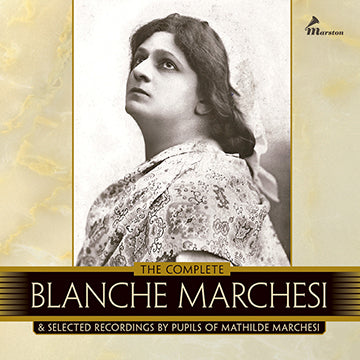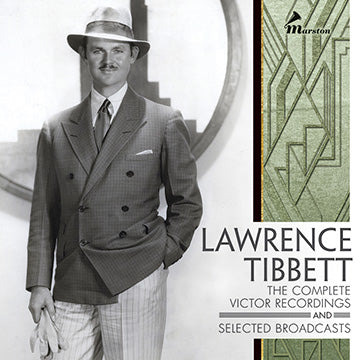ORDER NOW, WILL SHIP WHEN AVAILABLE IN JULY

54007-2 (4 CDs) | $ 63.00
When we announced volume 1 of Raoul von Koczalski, we invited you to judge how Koczalski stacked up against other noted Chopin interpreters of the “golden age.” Why was he not better known? After all, in addition to his towering talent, one of Koczalski’s teachers was a student of Chopin. After years of requests for more of this extraordinary pianist and the emergence of new recordings, we are finally issuing volume 3 of this series.
The set begins with two recently discovered marvelous sides recorded for Homocord in 1930. We also are including four unpublished takes of 1938 Deutsche Grammophon recordings, held by a Berlin archive, which differ markedly from the issued versions on our second volume. Following these are twelve sides made in 1948 for the short-lived Polish label, MEWA, which had distribution only in Poland and today are rarely seen. The remainder of the set comprises performances from 1945 and 1948 recorded by German and Polish radio (although some of these have been available on two Polish CD issues, we have gone to original sources to achieve optimum sonic quality over the previous versions). Finally, there are also a number of stunning performances that have never been released, including Chopin’s Ballade No. 1 in G minor and Karl Tausig’s arrangement of Johan Strauss’s “Man lebt nur einmal.”
The booklet essay has been written by Jakub Puchalski, the Polish musicologist whose specialty is the study of pianists of the past. His essay explores the controversy surrounding Koczalski’s interpretations and discusses the pianist’s connection to Nazi Germany and his return to Poland after the Second World War.
Now Available!

52079-2 (2 CDs) | $ 42.00
This set features the complete known recordings of French mezzo-soprano Blanche Marchesi (1863–1940), the daughter and pupil of legendary vocal instructor Mathilde (née Graumann) Marchesi (1821–1913). Mathilde was born in Frankfurt, Germany, and after a short, unsuccessful career as a performer, she transitioned to teaching voice in 1849, and never looked back. Her teaching career took her from Cologne to Vienna, and ultimately to Paris, where in 1881 she established her own school and enjoyed a long and illustrious career as vocal instructor to many of the greatest singers of the late 19th and early 20th centuries. Some of her most famous pupils include Nellie Melba, Emma Calvé, Frances Alda, Selma Kurz, and Emma Eames.
In addition to the complete Blanche Marchesi, this two-CD set features other rare recordings of pupils of Mathilde Marchesi, most being released here for the first time. Included are performances by American sopranos Elizabeth Parkina, Esther Palliser, and Frances Saville, Australian contralto Ada Crossley, and American lyric coloratura soprano Suzanne Adams.

50102-2 (10 CDs) | $ 120.00
Few (if any?) opera singers have also been Academy Award nominees, let alone for Best Actor. But then again, there is only one Lawrence Tibbett (1896–1960). Described as dashing, Tibbett had a career as a movie actor, radio show personality and host, with sponsors such as Packard, Firestone, and Chesterfield. He was also one of the first “crossover” artists singing Gershwin, Kern, and Porter, and was a staple at the Met. A cogent and articulate advocate for artistic causes (rare in his day), he founded the American Guild of Musical Artists with Jascha Heifetz. But first and foremost, Lawrence Tibbett was an opera singer and one of the greatest baritones of all time.
Lawrence Tibbett signed his first contract with the Metropolitan Opera at age twenty-six and over the years built a hugely successful career. His voice was large, deep, and dark-timbred. His dynamic range (in his prime) ranged from forceful fortes to delicate pianissimos. Falstaff’s Ford was his breakthrough role and he was an outstanding Simon Boccanegra, Iago, Scarpia, and Escamillo. Tibbett was the consummate musician with an incredible stage presence. Sadly, arthritis and alcohol took its toll and Tibbett died from a fall in his apartment at age sixty-three.
Tibbett recorded exclusively for RCA Victor between 1925 and 1940, making over one hundred sides. Marston Records is pleased to present the complete Victor recordings of Tibbett for the first time. In addition, this set will include recordings made for his films, Metropolitan and Under Your Spell, as well as selections from his Packard and Chesterfield radio broadcasts never before available on compact disc. The booklet will contain many rare photos and a comprehensive essay by author and critic Conrad Osborne on Tibbett’s life, career, and recorded legacy.



